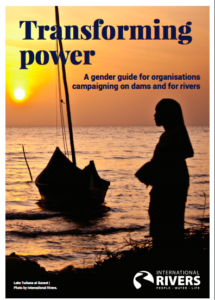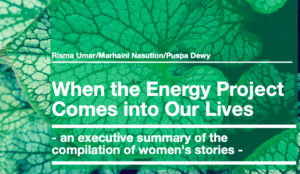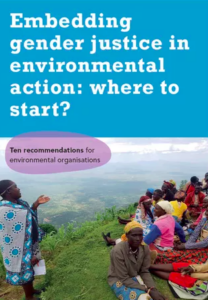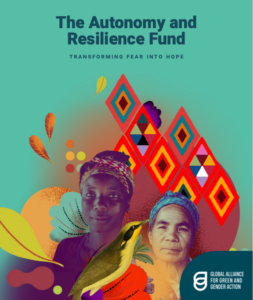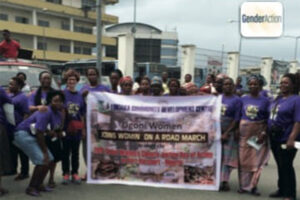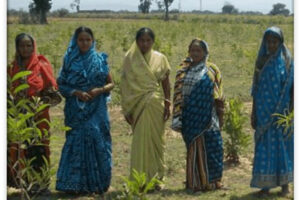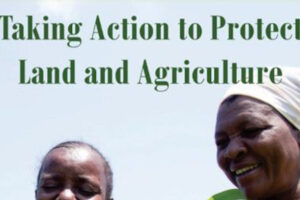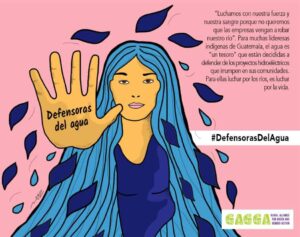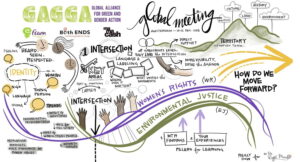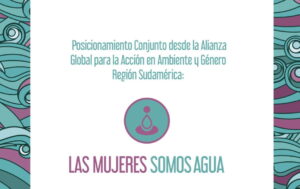Resources
Discover new tools and resources from GAGGA, with practical insights from our global network. Explore case studies, reports, and strategies to strengthen climate action, and gender and environmental justice efforts.
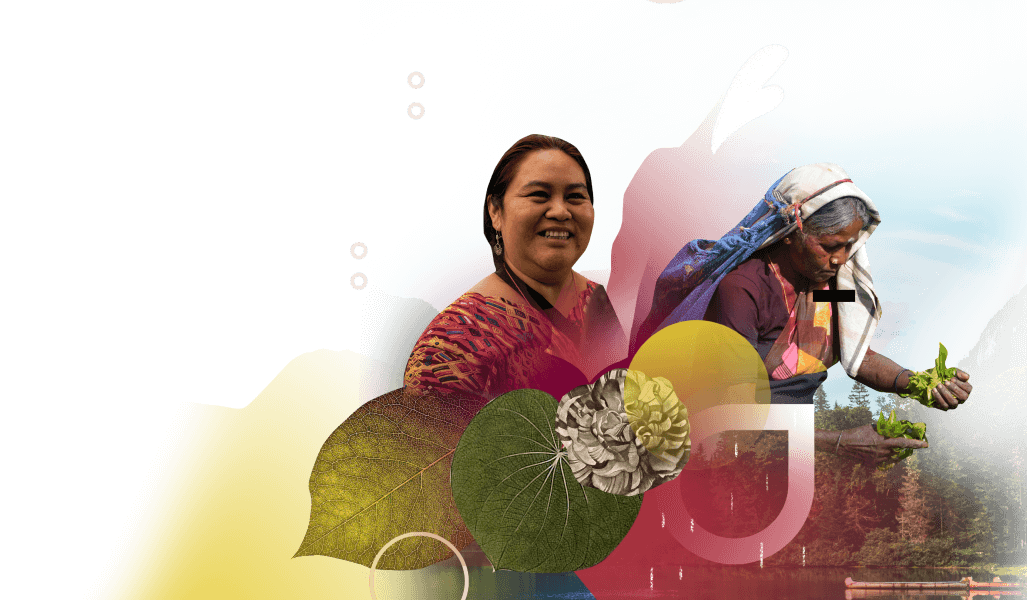
KEYWORDS
Transforming Power
How can we better include gender into our work? And how can this contribute to advancing women’s interests and rights, alongside those of men, in the context of dam development? Transforming Power was created as a tool to help civil society, non-governmental and community-based organizations strengthen their gender practice and encourage campaigning in ways thatContinue reading “Transforming Power”
Women detail impact of energy projects in Indonesia
Indonesia’s government has pledged to source 23% of its power from renewables by 2025 and 31% by 2050. However, these energy projects often violate the human rights of women, local communities and Indigenous peoples due to lack of consultation, involvement, and prior consent. GAGGA partner Aksi! compiled testimonies from more than 50 women on how they’ve beenContinue reading “Women detail impact of energy projects in Indonesia”
Embedding gender justice in environmental action: Where to start?
Environmental justice organisations increasingly recognise the importance of advancing gender equality and women’s rights as an intrinsic part of their work. They understand that environmental justice cannot be achieved without gender justice. Securing respect for women’s rights, including their access to and control over natural resources, is not only crucial within a rights-based perspective, itContinue reading “Embedding gender justice in environmental action: Where to start?”
Report | The Autonomy and Resilience Fund
In response to the crisis and the needs of the movements it supports, the Global Alliance for Green and Gender Action (GAGGA) acted swiftly to create the Autonomy and Resilience Fund (ARF). Launched in May 2020, this one-time funding initiative aimed to address the urgent needs of women environmental defenders and their communities through theContinue reading “Report | The Autonomy and Resilience Fund”
A Guide to Women’s Rights and Environmental Justice Advocacy on International Financial Institutions
The world’s largest public development funders are the taxpayer-supported International Financial Institutions (IFIs). Their mission is to end extreme poverty and foster economic growth, while considering the role that climate change plays in both. However, IFI investments have often had a very different outcome for the poorest people in low and middle-income countries (LMICs). IFIsContinue reading “A Guide to Women’s Rights and Environmental Justice Advocacy on International Financial Institutions”
Analog Forestry: A Tool and an Approach for Ecological Restoration
We know the main issues we are facing on our planet. We have lost half of our forest – the source of our existence. Forests provide air, fresh water, wildlife, fuel, timber, the best soil, nutrients, and food. If current trends of soil depletion continue according to UN reports (2014)* we are sixty years harvestsContinue reading “Analog Forestry: A Tool and an Approach for Ecological Restoration”
Taking Action to Protect Land and Agriculture
For the last two decades, most of the fertile land in Zimbabwe has been subject to land redistribution, male migration and mineral discoveries that have created a rush of speculators with little to no regulation, all of which has put vast pressures on the environment and agricultural production. Women, however, are increasingly coming together toContinue reading “Taking Action to Protect Land and Agriculture”
GAGGA 2019 ‘We, Women are Water’ Campaign – Postcards
During the month of March, organizations in Latin America, part of the Global Alliance for Green and Gender Action (GAGGA) joined forces once again to launch the campaign “Las Mujeres Somos Agua” (We, Women, are Water), which aimed to highlight the role of women in the region have when defending their water, the specific impactsContinue reading “GAGGA 2019 ‘We, Women are Water’ Campaign – Postcards”
Interested in the results of the GAGGA Mid Term Review?
Between May and October 2018, GAGGA conducted a Mid Term Review process, led by Athari Consulting and Advisory Services. This process was highly participatory, with the aim of including the voices, concerns and ideas of all GAGGA actors involved: alliance members, strategic allies, women´s funds, environmental funds, NGOs, grassroots groups as well as external advisors.Continue reading “Interested in the results of the GAGGA Mid Term Review?”
We, Women, are Water – Joint Position Paper from the Global Alliance for Green and Gender Action (GAGGA) (South America)
This document is a position paper from the Global Alliance for Green and Gender Action (GAGGA) in South America on women and the human right to water. Women’s access to water is the central focus for the Southern Cone region of South America. This position paper focuses on collecting the voices from the movements andContinue reading “We, Women, are Water – Joint Position Paper from the Global Alliance for Green and Gender Action (GAGGA) (South America)”




